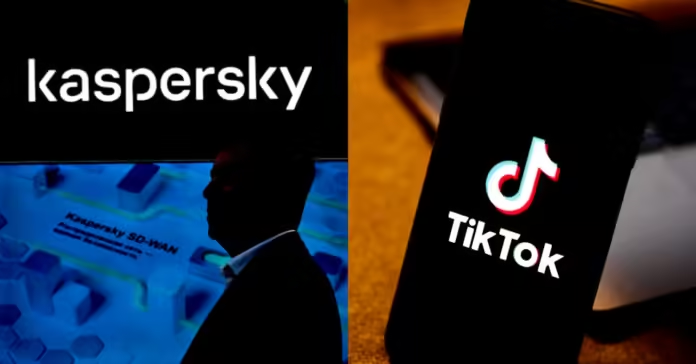The U.S. Commerce Department will ban new sales of popular antivirus software made by Moscow-based Kaspersky Lab on July 20. The move comes just two months after U.S. President Joe Biden signed a bill that effectively bans social media app TikTok in the U.S. if its Chinese parent company doesn’t divest itself. The U.S. government banned federal use of Kaspersky antivirus software in 2017, but U.S. officials remain concerned that the Russian government could weaponize Kaspersky’s software as U.S.-Russian relations continue to deteriorate and the Kremlin tightens its control over Russia’s technology industry.
However, in its campaign to ban this foreign software as a matter of national security, the U.S. government is setting a precedent that undermines the ideals of a free and open Internet where users can access any information and software they choose.
“The risks to U.S. national security addressed in this final decision arise not from whether Kaspersky Lab’s products are effective at identifying viruses and other malware, but from whether they could be used strategically to harm the United States,” the Commerce Department wrote last week. Commerce Secretary Gina Raimondo told reporters on Tuesday that this is the first time the Commerce Department has banned the sale of cybersecurity products.
Not surprisingly, Kaspersky responded by saying it believes the Commerce Department “made its decision based on current geopolitical circumstances and theoretical concerns, rather than a comprehensive assessment of the integrity of Kaspersky Lab’s products and services.” The company added that “Kaspersky Lab has not engaged in activities that threaten U.S. national security, and in fact has made significant contributions to reporting on and protecting against a range of threat actors targeting U.S. interests and allies.”
Meanwhile, TikTok has filed a lawsuit against the US government, claiming that banning the app violates the First Amendment. Hypothetical Without citing any concrete evidence, he suggested TikTok could be misused in the future.”
Unlike TikTok, a social media app built for conversation and available for free download, Kaspersky’s antivirus product is paid software that is granted deep system access to monitor customers’ devices and networks. While TikTok’s software is restricted by the mobile operating system it runs on, scanners like Kaspersky’s are allowed free reign by design, raising cybersecurity concerns.
“Apps are fundamentally different,” says longtime Mac security researcher Patrick Wardle. “If a suspect has Kaspersky antivirus and TikTok installed on their device, Kaspersky is probably the bigger problem, because it can give developers unlimited access to the device. Mobile apps like TikTok run in an app sandbox, and can’t really do much with it, other than allowing access to certain data, like contacts.”


